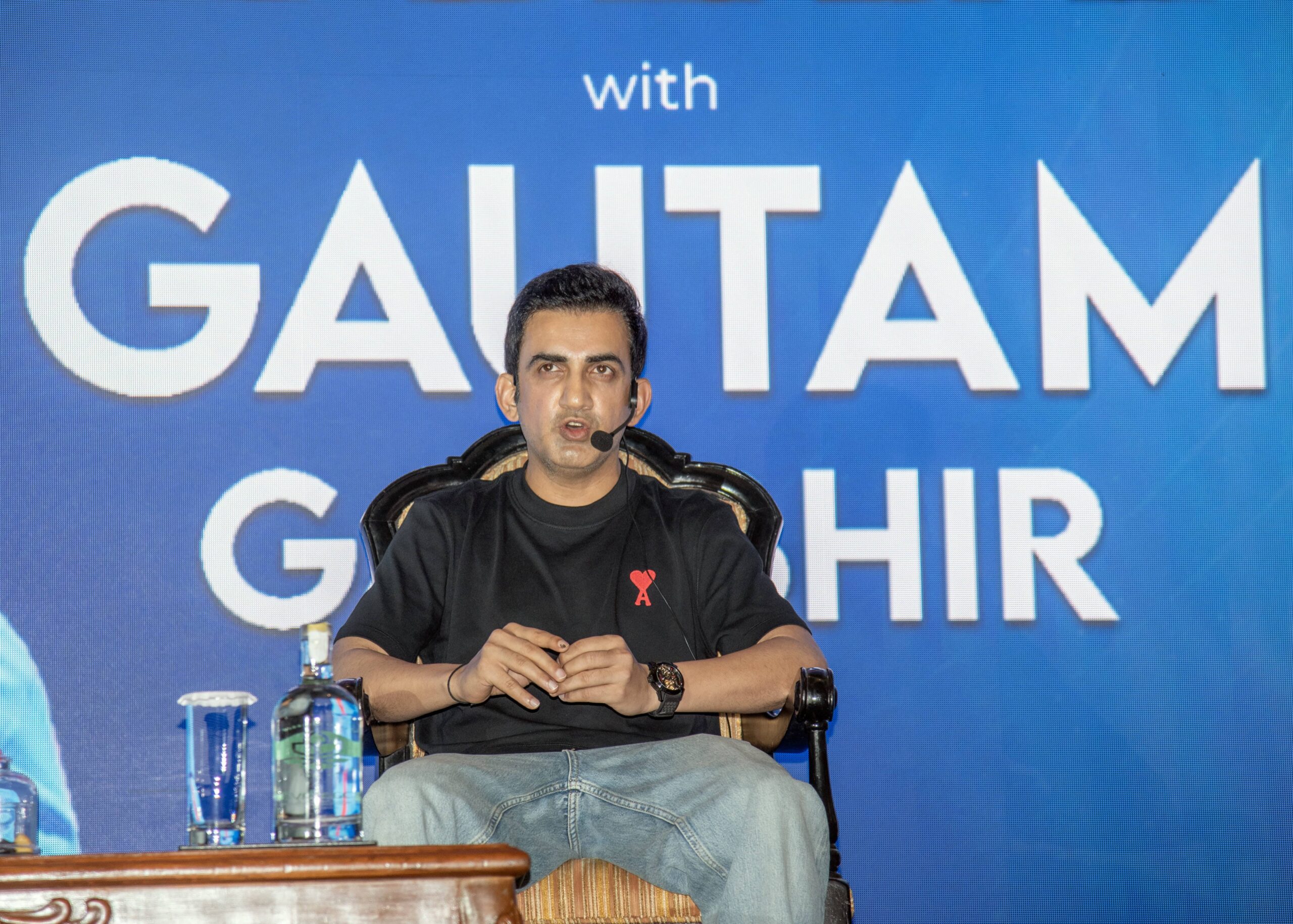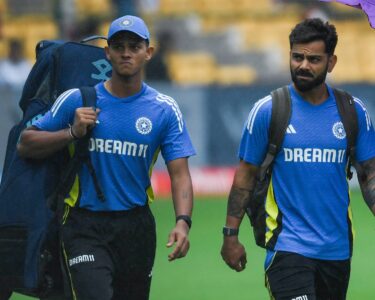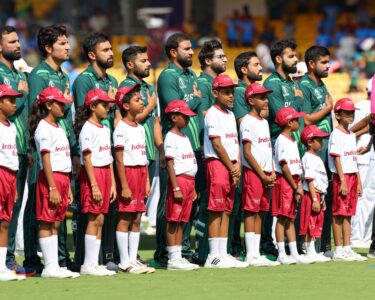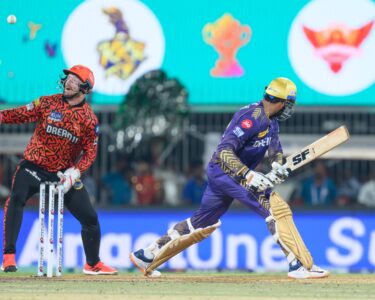Gautam Gambhir’s mixed results, more on the losing side after taking a shift from managing a club team to potentially coaching the Indian national cricket team, demonstrate substantial contrasts in responsibilities, obstacles, and expectations and a case study of how a successful club manager can falter in national colors.
Differences Between Managing a Club and a National Team
Scope of Responsibility
Club Management: Gambhir has successfully led the Kolkata Knight Riders (KKR) in the Indian Premier League (IPL), primarily focusing on immediate performance and match wins. His responsibilities include tactical judgments, player management, and developing team spirit throughout a short season.
National Team Management: In contrast, coaching the national team has a greater range of responsibilities, including long-term player development, strategic planning for international competitions, and transition management as senior players retire or leave. According to Anil Kumble, good national team coaching requires strong leadership to negotiate these adjustments.
Player Relationships
Club Dynamics: Gambhir has built close relationships with players in KKR, which allows for direct influence on their performance and morale.
His familiarity with players can lead to a cohesive unit ready to compete in the IPL.
National Dynamics: While Gambhir is acquainted with many senior players in the Indian setup, managing a national team means balancing relationships across a larger group of players with varying backgrounds and experiences. Kumble emphasized that familiarity may not significantly impact the selection process for a national coach.
Pressure and Expectations
Immediate Results: Because of the short competition format, there is a lot of pressure on club cricket, particularly in the IPL, to produce results immediately. Gambhir’s record with KKR, including two IPL wins, illustrates his ability to perform in such situations.
Long-Term Vision: The national team’s expectations are not just to win, but also to create a sustainable cricketing culture capable of competing on a global scale. This involves preparation for important tournaments such as the ICC T20 World Cup and developing future potential.
Coaching Experience
Limited Coaching Background: Despite his success as a player and mentor, Gambhir has no formal coaching experience at the state or age-group levels. His past responsibilities have been more about oversight than hands-on coaching, which may provide difficulties when adjusting to the duties of national team manager.
Learning Curve: Gambhir’s strategies and management style will drastically change as he transitions from club to national team coaching. He will require time to adjust to this role and gain a thorough understanding of international cricket dynamics.
While Gautam Gambhir’s record as a player and club manager makes him a viable candidate for the Indian national team’s head coach position, the move will present significant obstacles unique to international cricket. The differences in scope, player dynamics, pressure, and experience will all significantly impact his effectiveness in this new role.




